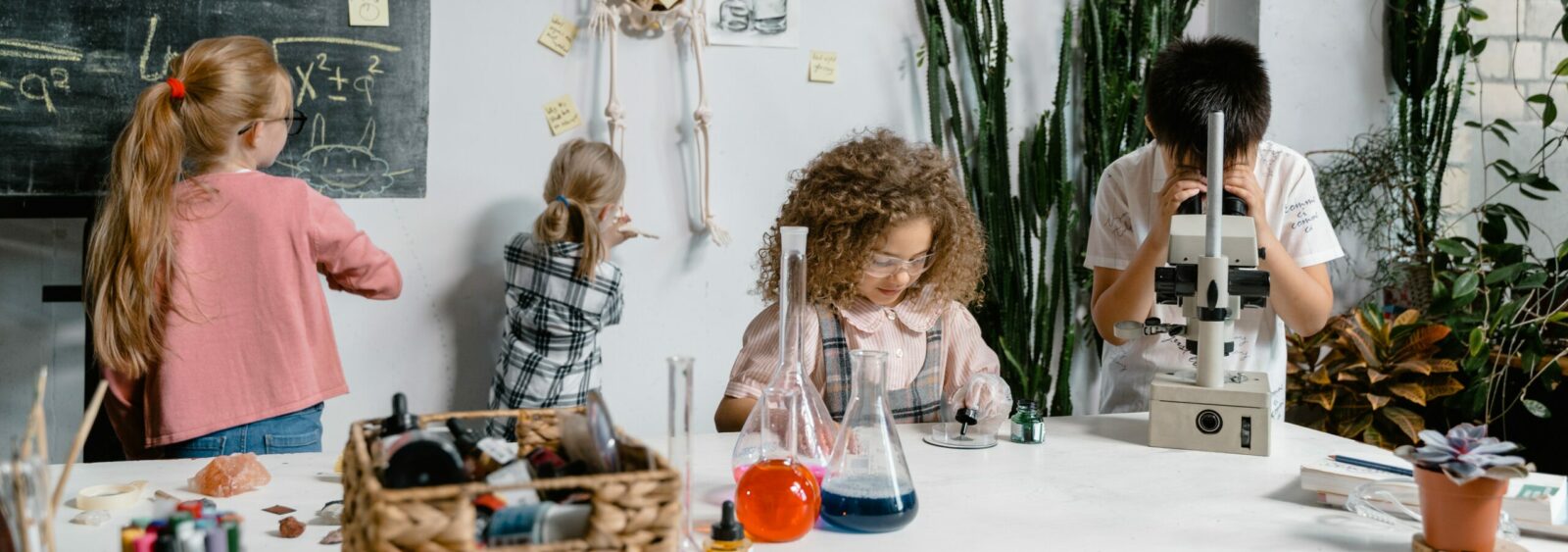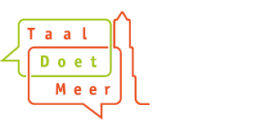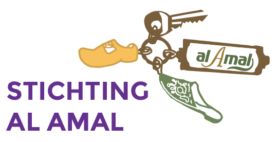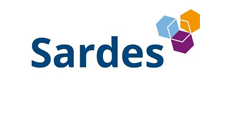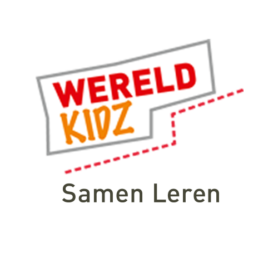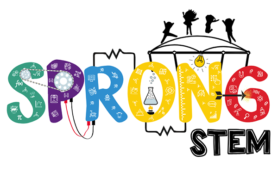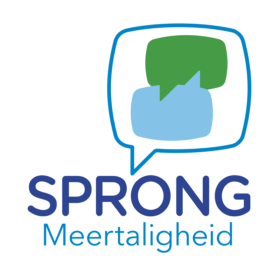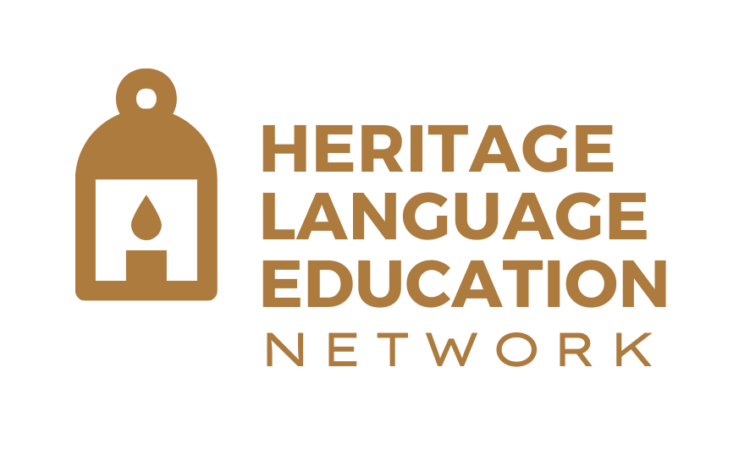Educators as bridges between researchers and caregivers
Doing participatory research with parents/caregivers of multilingual children sometimes requires researchers to enter the school environment. It can be a precarious position—we aren’t apart of the school, and shouldn’t be seen as such, to protect the integrity of the research. On the other hand, working with parents/caregivers is thoroughly dependent on relationships and trust. Developing these relationships in a short time can be challenging. In these situations, teachers, classroom assistants, school directors, and other school employees can function as bridges between researchers and parents/caregivers—easing the research process for all involved.
It sounds simple, but playing the “bridge builder” can be more difficult than one may expect. We often hear from our educator colleagues that they are a bit confused about what their role in the research is or can be. In this blog, we present four myths about the role of educators in research, and provide our response to them.
Frequently encountered myths:
- I don’t think the parents/caregivers at our school are interested in participating.
You may be surprised! We often are. Parents/caregivers of multilingual children may act more reserved in a school setting. Some educators perceive this as disinterest, but that couldn’t be further from the truth. There are a number of reasons that parents/caregivers may be reluctant to participate in research, but there are also a lot of reasons that they may be more enthusiastic than you’d think! It’s important to give each individual parent/caregiver a chance (or multiple chances) to participate, regardless of your own assumptions.
2. I am fairly certain that they don’t speak enough Dutch to participate meaningfully.
In a lot of cases, not being comfortable in Dutch is a barrier to participation. However, in the case of Multi-STEM, we employ various strategies to ensure that everyone can participate meaningfully in the research process. Does this sometimes take more time? Yes. Are there sometimes awkward moments or misunderstandings? Yes, of course. However, we see that often the parents/caregivers that are not yet comfortable in Dutch end up being the most enthusiastic participants in our design meetings. These caregivers come with valuable knowledge and experiences, and by opening design meetings to multiple languages, we unlock what everyone brings to the table.
3. My presence may disrupt or disturb the design meeting.
Design meetings with caregivers of multilingual children need to be a safe, welcoming space. In some cases, parents/caregivers may be ashamed to use their home language in the presence of a teacher, or to share what they do or don’t know, for fear of judgment. Thus, it’s always good to check with a researcher before stopping in for a few minutes during a design meetings. However, school employees are often trusted faces in the school. Checking in during a design meeting can help to legitimatize the research, helping caregivers to recognize that what they are doing is seen as important and interesting.
4. If I ask parents/caregivers about their experience in participatory research, they will feel awkward.
Always ask! Sometimes it can be challenging to “connect” with parents/caregivers of multilingual children. Asking about their experience in design meetings or their experience doing multilingual math activities can be a wonderful conversation starter that allows you to listen. An educator taking interest in what a caregiver is doing during design sessions can allow for moments of connection, which is important for all parties involved. Plus, a lot of what we do during design meetings is interesting (even if we are saying this ourselves!). Who knows, you may learn something new!
In short, educators can be incredibly valuable in promoting collaboration between researchers and parents/caregivers of multilingual children. It can be challenging to find your role, but in most cases, taking interest and proceeding patiently is valued. At Multi-STEM, we are so thankful for the teachers who support us in doing research with parents/caregivers of multilingual children.
Erin Gail MacDonald | PhD researcher, subproject ‘Home’.
Currently, this blog is only available in English and Dutch. To read it in another language, we recommend using the translation tool DeepL.com.
